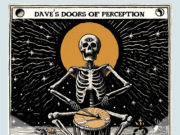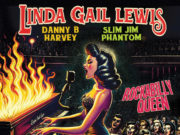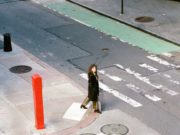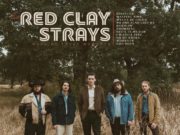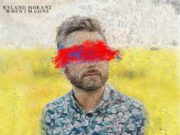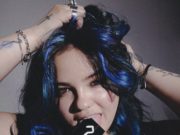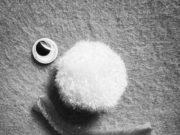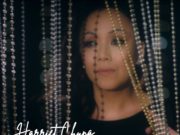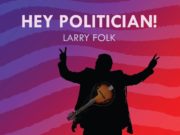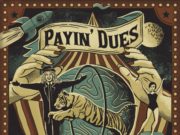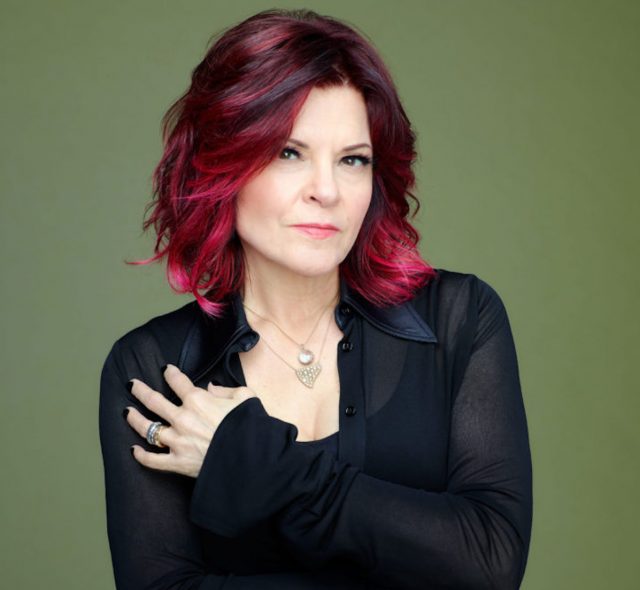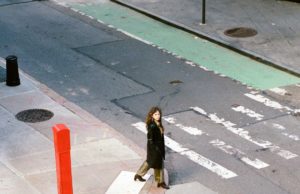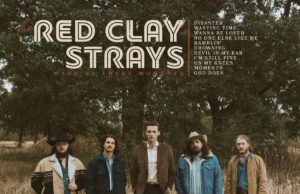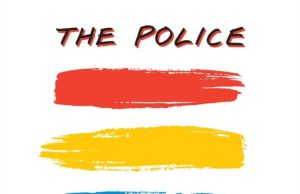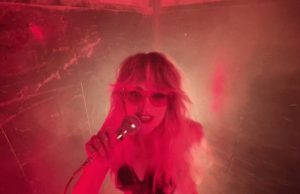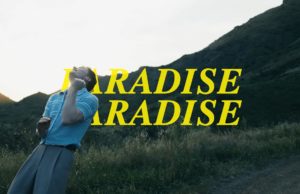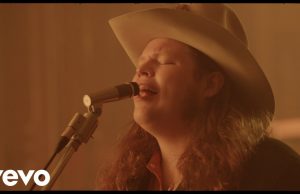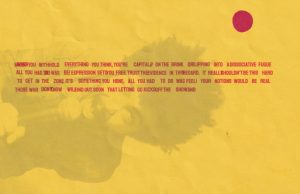With Ken Burns‘ latest superb music documentary series Country airing this month, I figured it made sense to pull out some interviews I’ve done with country legends over the years. Here’s one I did with Rosanne Cash back in 2009, when she was promoting her classic covers album The List. Naturally, we talked a fair bit about her father and country music in general, which probably makes it particularly timely. I’ve also expanded it with some quotes that were edited for space the first time around. Enjoy.
Most teens gripe when their dad gives them a to-do list. Of course, most teens don’t have Johnny Cash for a father. So when The Man in Black handed his eldest daughter a list of 100 Essential Country Songs to learn back in 1973, the budding 18-year-old songwriter knew she had something special.
“I thought, ‘This is a good thing that Dad gave me,’ ” understates Rosanne Cash from her Manhattan home. “He said to me, ‘This is your education.’ And I took it seriously. But I couldn’t have known then what it would come to mean.”
Indeed. Decades later, that piece of paper is more than just a treasured memento of the first time her father took her on the road — for her, it’s become a symbol of her family’s rich and enduring musical history. It’s a legacy the 54-year-old Cash is honouring with her dozenth album, appropriately titled The List. The disc finds her lovingly reinterpreting a dozen selections from her father’s definitive document, covering everyone from The Carter Family and Jimmie Rodgers to Bob Dylan in collaboration with her musical partner and second husband John Leventhal.
If family and legacy have been on Cash’s mind a lot lately, it’s no wonder. Both her father and stepmother June Carter died in 2003; her mother Vivian Liberto died in 2005; her aunt, stepsister and godmother have passed away over the past few years; and Cash had brain surgery in 2007 for a rare benign condition known as Chiari I malformation. Much like her indomitable father, however, Cash refuses to ease up on the throttle. Her schedule continues to bulge with upcoming projects, including a tour, a memoir called Composed, a sequel to The List — and a list of her own. Between running errands and packing for a show in Europe, she made time for this exclusive Canadian print interview.
It’s a little surprising that you didn’t already know all the songs on that list as a child — I think people assume your first words as a baby would have been the lyrics to Long Black Veil.
Oh, I knew Long Black Veil. And I knew the Carter Family songs. A lot of those had gone in by osmosis. My parents played that around the house. But there were other songs I didn’t know. And those songs prompted him to write the list.
So you weren’t a rebellious teen who wasn’t going to listen to any of that stuff?
I certainly was a rebellious teen who wasn’t going to listen to any of that stuff (laughs). I grew up in Southern California, so I was listening to the Buffalo Springfield and Elton John, Crosby, Stills and Nash, Joni Mitchell, Janis Joplin.
A lot of kids would have just rolled their eyes when their dad handed them this.
I think two years earlier I would have done that. But I was so excited to be out with him on the road. I was just learning the whole Carter Family lexicon. Helen Carter was teaching me guitar and I was learning all these songs. I had an inkling that I wanted to be a songwriter. So it was the perfect moment to give it to me. It really was kind of kismet.
What made this the right time to return to it and record these songs?
Well, No. 1, (my parents are) gone. I don’t think I could have made a record like that while they were still here … You don’t think about what your parents have left you until they’re not here anymore. That’s a bittersweet paradox but it seems true. The other thing is I wasn’t ready to make a covers record until now. I was carving out my life as a songwriter for thirtysomething years.
How did you decide which songs to record?
The choices were part intuitive and part academic — which ones suited my voice, which ones did I have a real feel for, which ones did I love? And then we wanted to balance it. We wanted to represent Jimmie Rodgers. We wanted to represent The Carter Family. We knew Long Black Veil had to be on the record. So once we had those corners, it was a matter of filling in the spaces.
Were there songs you wouldn’t or couldn’t do?
Oh sure — like This Land is Your Land. It would be a cliche. I don’t think you need another version. Besides, Springsteen’s taken over that corner anyway (laughs).
Did your father put any of his own compositions on there?
Yeah, but I don’t want to reveal too much about the rest of the list, because I want to make Vol. 2. I didn’t go in thinking that. But as soon as I finished making this one, I knew I wanted to make Vol. 2. I felt so at home in these songs. Even now, singing them, these subtle layers of how beautiful they are keep revealing themselves to me.
It’s a beautiful album musically, too. The songs are very crafted without being fussy. How did you arrive at that approach?
I knew I couldn’t just put on a costume of being a country singer because that’s not just what I am. And it didn’t make sense to just copy the definitive versions of these songs. I had to bring my sensibility as a songwriter, and as a New Yorker, and my upbringing in Southern California, and the music I listen to. And somewhat of an urban sensibility too. Yet, we did not want to betray the original intent of the songwriter or change the melodies at all.
Do you feel a sense of duty in terms of the legacy?
Not duty; that would make it a burden. But I feel a greater sense of inhabiting it, and a joy inhabiting it.
When you were younger and trying to carve your own path, there must have been times when it was difficult to deal with the fact that everything you do is set in the context of your family.
Oh sure. So the key is to learn to become gracious about that, rather than fight it every step of the way with a chip on my shoulder, which is what I did when I was younger. I don’t think I could have carved out a spot and really learned to be a good songwriter had I not had that real strong sense of independence. But the apple doesn’t fall far from the tree … hello?
It seems like the last couple of years have been tough on you. How did your health crisis affect your outlook?
Well, I don’t give a s— about what people think of me anymore — that was a real beautiful thing to come out of brain surgery (laughs). And I realized I have more to say and less time to say it. I think that sense of mortality would happen anyway at my age, but it definitely happened in a big way.
I presume that was also a factor that led to this album.
Yes. I started thinking very carefully about what I want to do and what I want to leave behind. My daughter Chelsea (Crowell) is making her first album, and I realized, ‘This is an ongoing story in my family. This is what we do.’ It’s not just me following my dad; this goes back a long way, and hopefully will go forward a long way. My daughter called me a couple of weeks ago and asked, ‘Where’s my list?’ So I’ve started thinking about that.
https://youtu.be/vLwocVPaGsE


